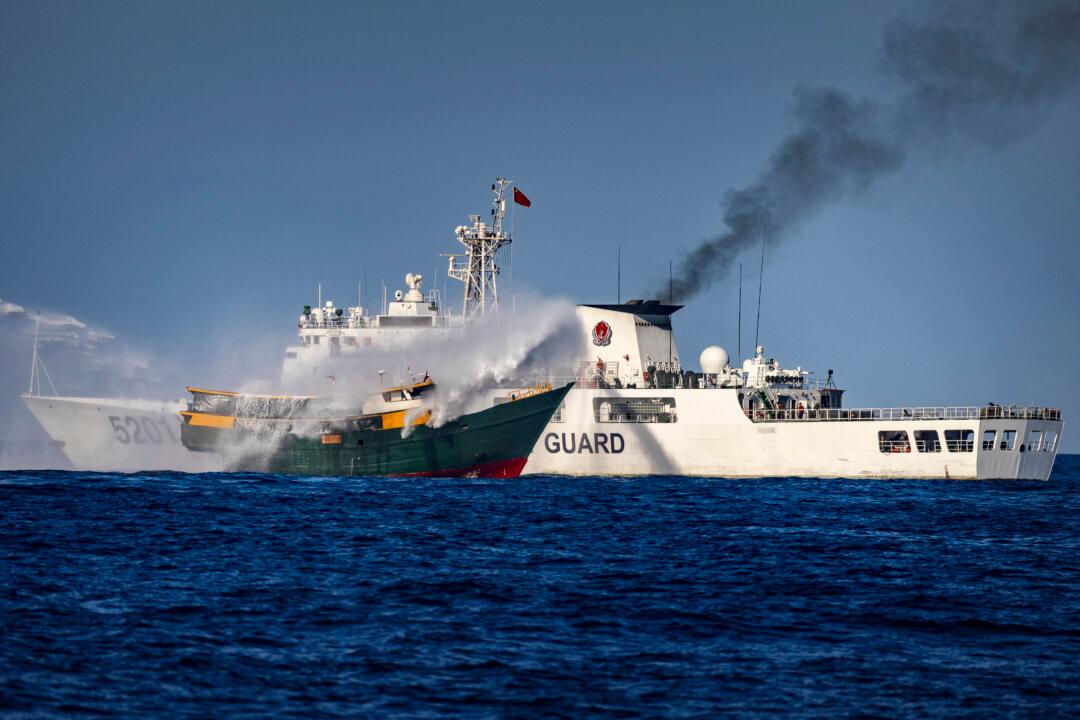Manila has announced that it has reached an agreement with Beijing on a “provisional arrangement” for the resupply missions to a Philippine outpost to “avoid misunderstanding and miscalculation” in the disputed waters in the South China Sea.
“Both sides continue to recognize the need to de-escalate the situation in the South China Sea and manage differences through dialogue and consultation and agree that the agreement will not prejudice each other’s positions in the South China Sea,” a July 21 statement from the Philippine Department of Foreign Affairs reads.




